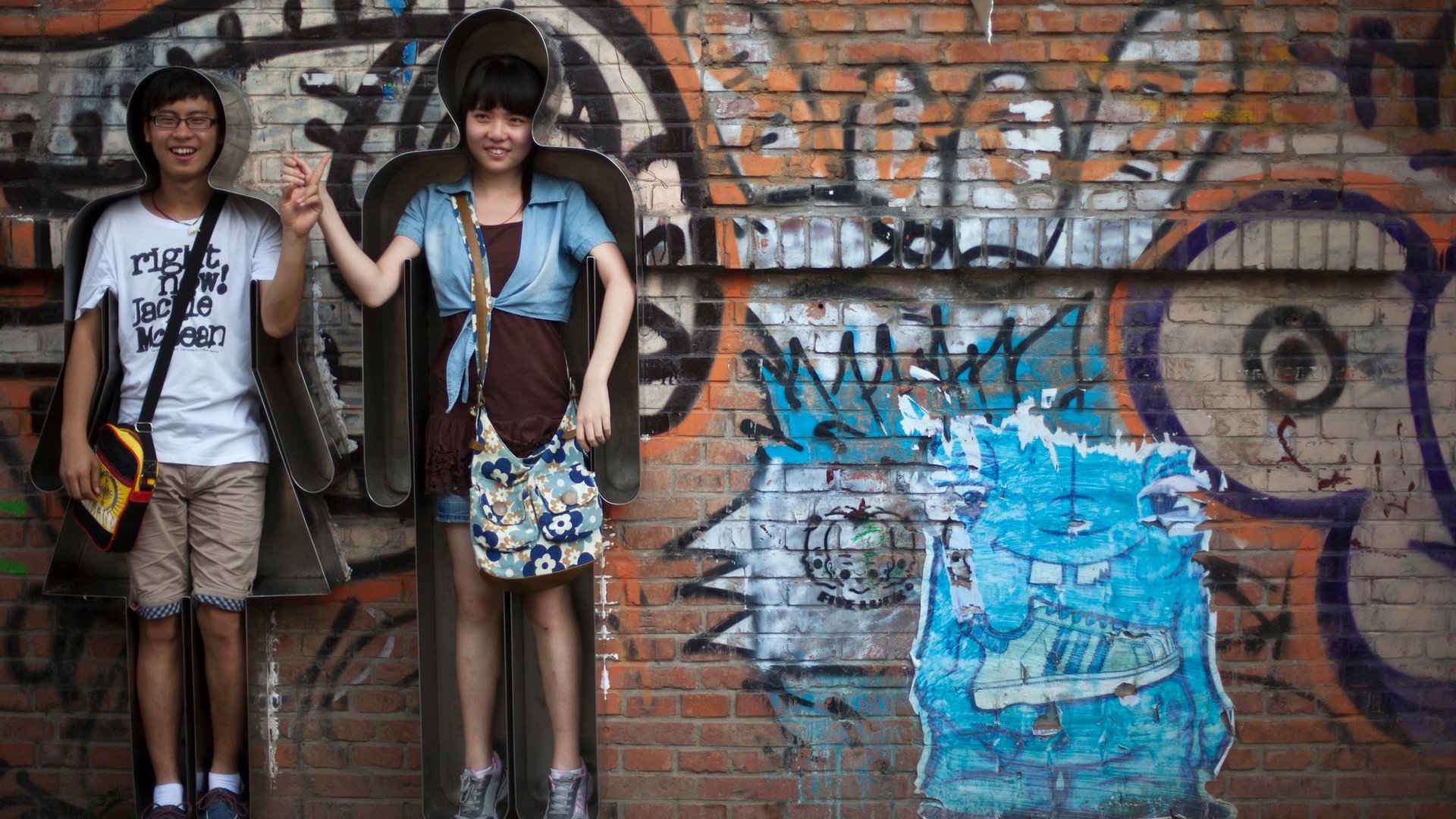Chinese consumers are becoming more self-indulgent (i.e., more like everyone else)
The Chinese consumer is historically not a sophisticated shopper. He takes his shopping cues from others, buying brands that others buy. Price is the number one priority, so he will shop from store to store to find the best value for money. And he doesn’t buy online because that would take away from the experience of strolling through a shopping mall.


The Chinese consumer is historically not a sophisticated shopper. He takes his shopping cues from others, buying brands that others buy. Price is the number one priority, so he will shop from store to store to find the best value for money. And he doesn’t buy online because that would take away from the experience of strolling through a shopping mall.
Those traits—which could make up what one might call, to borrow from the Communist Party’s favorite phraseology, “consumerism with Chinese characteristics”—are still typical of much of the growing Chinese middle class, a new report from McKinsey finds. But a new class of China’s emerging consumers are showing that they also want to express themselves with what they buy. The report suggests that this group, those earning above ¥106,000 ($16,000), are attaching more importance to the emotions their purchases make them feel.
The report, which surveyed 10,000 people in 44 cities, found that the proportion of Chinese who said they would shop “for self indulgence” increased by 12 percentage points over the last year to 37%. The proportion who said they were willing to spend more on products and services to reward themselves also increased to 43%, from 38 % in 2010.
But as one might expect in a country that is changing fast, the data also hint at two distinct markets: a smaller group of wealthy consumers in “tier one” Chinese cities—often in the coastal provinces—and a larger mass of consumers in poorer, inland cities. In a survey of shoppers near the coastal city of Hangzhou, 30% of respondents agreed with the statement, “I do whatever I like and disregard the opinions/expectations of others.” A survey of an inland cluster found only 12% agreed with that statement. And about 21% of respondents in the tier one cities said “showing my unique taste” was a key factor in their decision, for example, to buy a flat-screen TV, compared with only 7% to 11% in other cities.
As they grow wealthier and the pace of urbanization continues, more will adopt new spending habits on top of old ones. Seeking ways to be unique is likely to be one of those.